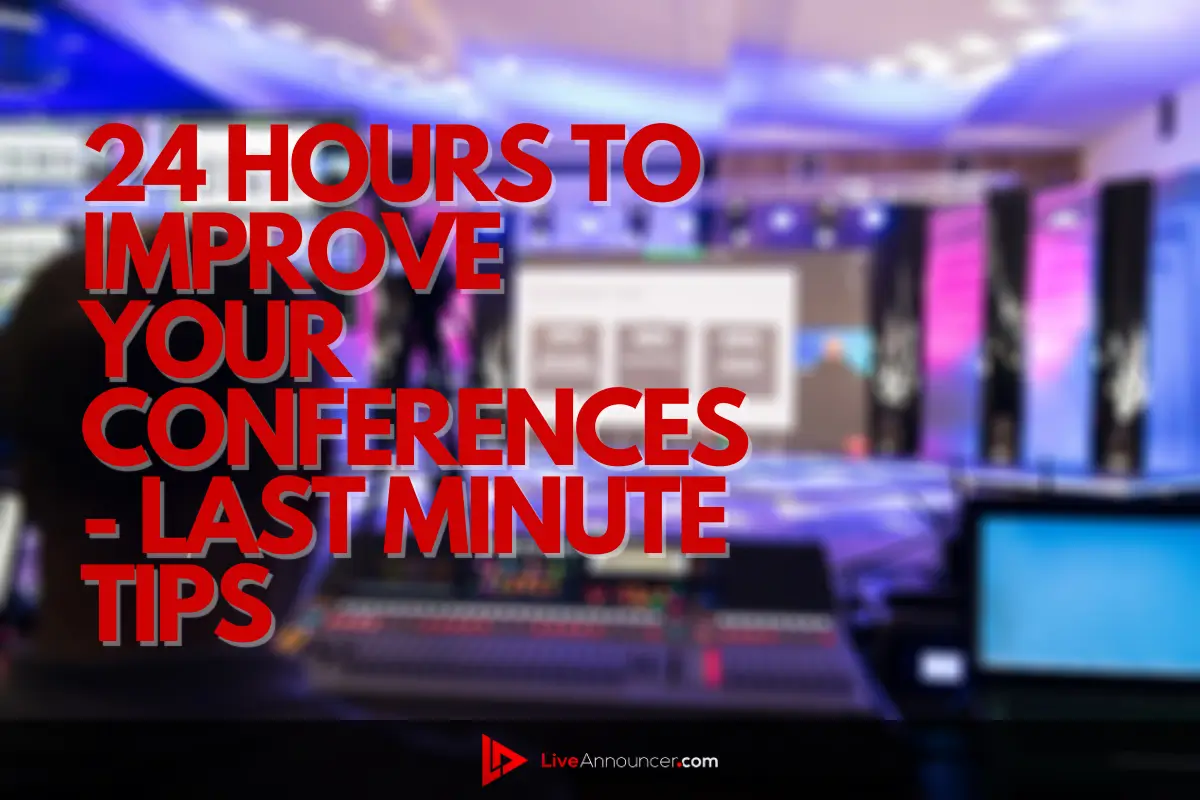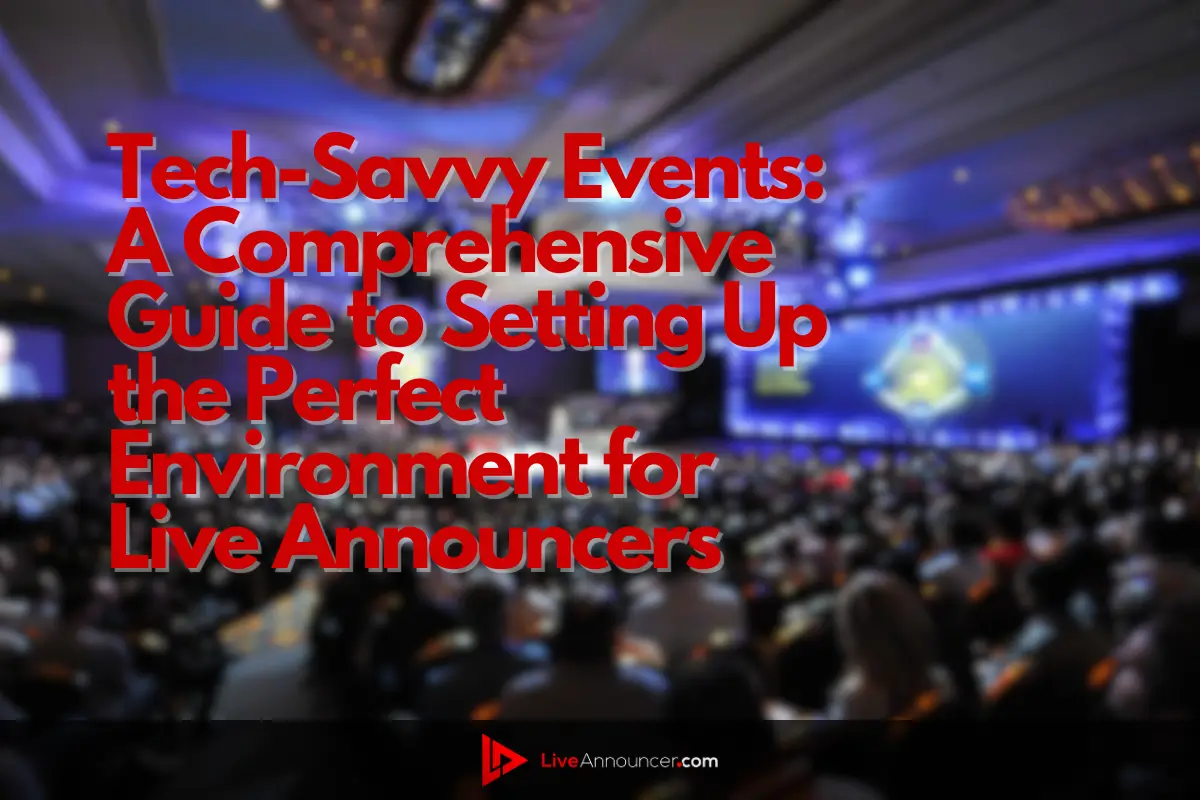
You'll pick up some new skills, discover market trends, and establish a tone of new relationships. But it can also be overwhelming to have so many meeting planners, seminars, contacts, and interactions, carrying a boatload of business cards and gathering them from others.
A conference is typically considered a gathering of multiple people to discuss a specific subject. It's frequently mistaken for a convention, colloquium, or symposium. Even though a conference is distinct from the others in size and function, the term "conference" can apply to the entire concept.
Salesforce has completed the majority of its meeting planning. Utilizing talk tracks, sessions, and material helped the company simplify switching to a virtual stage. Instead of beginning from scratch, all that was required was to reframe a live event to fit a digital medium.
Participating in some capacity, such as being a presenter, event manager, or committee volunteer, is a terrific way to maximize your conference experiential design. Hundreds of other participants will be present with you, but if you can play a visible role, that will help you stand out.
A conference offers an opportunity to network with new individuals while also strengthening existing connections. Reach out a few weeks before the conference to arrange a time to meet for coffee or dinner while you're there if you know of attendees you want to catch up with or get to know better, such as clients, vendors, or friends of friends.
Once the event management document has been created, and all of the assigned tasks have been included, share it. The event will run more smoothly the better-prepared everyone is.
Also, make sure to practice using interactive touchscreen apps and screen-sharing. When played using teleconferencing services, videos don't always display flawlessly.
Stage design can become pixelated, and slide decks can freeze. Although technology should make your meetings more efficient and engaging, testing everything before going live is always advisable.
When creating the agenda, keep the meeting's overall length in mind to prevent it from getting out of hand or breaking into interminable segments. A reasonable starting point would be 30 minutes.
Keep sessions brief and allow just the most critical issues to advance. Setting up a follow-up meeting is simpler than making everyone spend all day staring at a stage design.
Indicate if you're recording and documenting the conversation to send to anyone who can't attend. If this concerns you, you can employ a digital producer to handle the event production details while concentrating on the content.
There will usually be a huge selection of conference sessions—far more than you can attend! Thus consider the conference as a whole meeting planning in your timetable.
Consider all the activities and sessions you're interested in, then make sure you can attend various lectures, workshops, and social gatherings while still making time for downtime.
Moreover, feel free to leave a session early to attend another if it is not what you expected. The secret to succeeding at a conference is to utilize your time wisely and take advantage of all the resources offered.
Also, you might need to decline requests from speakers and presenters for more time or an A/V configuration outside the vendor agreement's parameters.
Saying no is a skill that may be developed with practice. Really! You can be a people-pleaser or work so quickly as an event planner that you agree to things on the spot, only to have to jump through hoops to make them happen.
Decide to wait three requests per week before answering. Consider whether the request is essential to the event or advances event management if it doesn't, politely but firmly decline the request and provide a concise justification.
Consider using several platforms. If there are any technical problems with your video or audio, you can change to a different service and continue organizing the event as planned.
Many platforms offer a range of features, from sophisticated moderating tools to co-hosting with another company or group.
A live announcer must publicize your event in advance so that guests know the time and how to participate. A live announcer is a voice artist who relays information to the audience. You can try the Live Announcer platform to hire experienced announcers for your conference and prepare according to it.
Someone you're hosting an event for would inevitably want to change something at the last minute. After they view the event venue space, they can have a random thought or feel the need to alter it.
It's critical to rebuff those alterations as much as possible unless they're minimal. Make it clear that careful planning is a need for the finest events. Changes made at the last minute make it harder to put on a fantastic event planning.
A stakeholder may occasionally ask for a modification that can't be accommodated. Do not be frightened to refuse. Even if you temporarily let down a stakeholder, it's better to do that than risk the success of your event.
Crowd control is one of the most important aspects of planning a large event. You must prepare for the smooth and safe transfer of large masses of people from one event to the next.
Facilitate the process of signing up and checking in.
Get in touch with the masses.
Make thorough plans for the crowd and emergency safety
The most crucial piece of advice is the last one. It's simple to worry and make bad choices when things start to get a little out of control. If you're having trouble keeping up, take a brief break, take a few deep breaths, and spray some water on your face. After that, resolve the problem of your choice. Then determine a second. As soon as there are no more issues to resolve, stop.
Most importantly, avoid displaying signs of fear, anxiety, or anguish in front of your meeting planners, employer, or clients. They will believe the worst if they observe their event planner acting anxiously.
It is acceptable to say that complex events with many attendees spanning several days and/or places qualify as large-scale events.
High levels of communication, lengthy planning timeframes, a dependable staff, and unrestricted creativity are essential for producing large-scale events.



